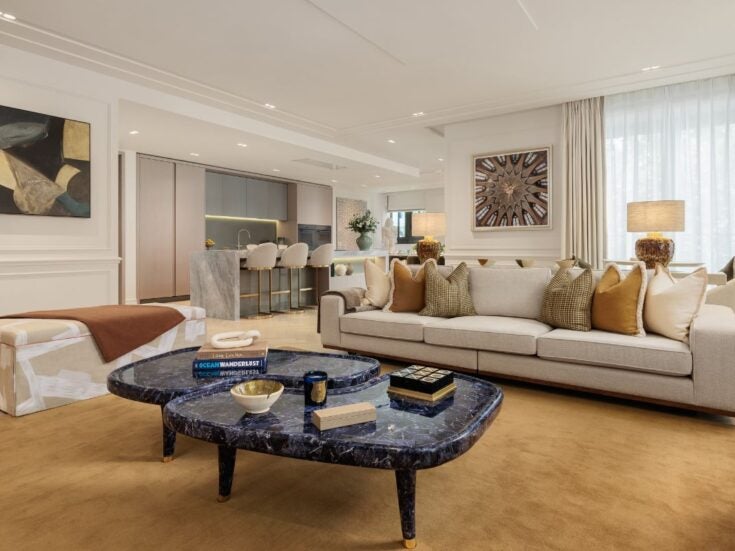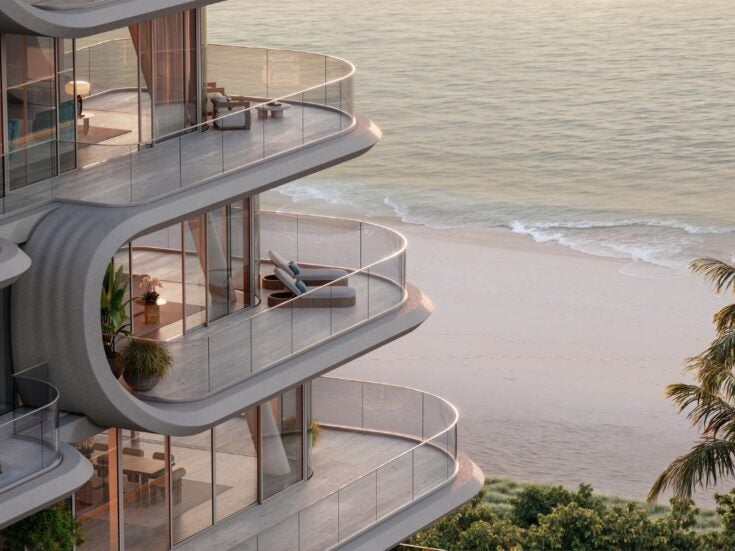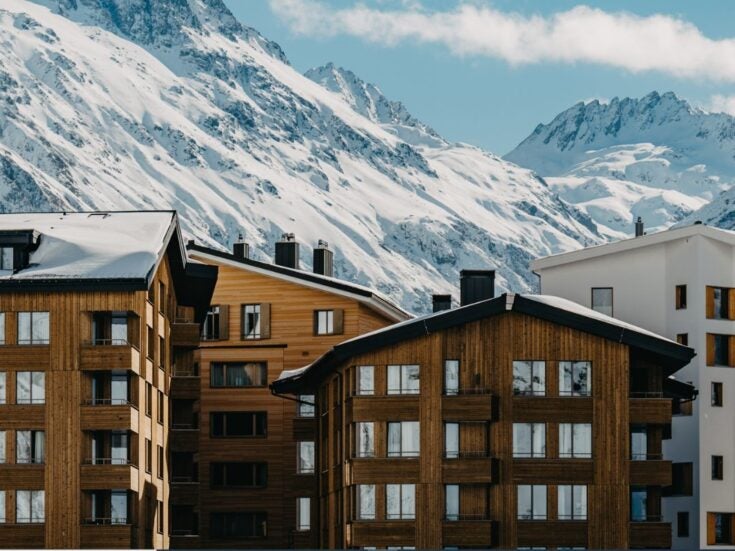If, like me, you dream of owning a ski chalet in Val d’Is’re or maybe Verbier, what practicalities should we be thinking of to make us a real chalet girl (or boy)?
Returning to our (rented) chalet after our usual apr’s-ski glass of vin chaud, much to my husband’s annoyance, I loiter along the high street peering greedily through the windows of the immobilier (well, I can’t walk any faster when I’m still wearing ski boots, can I?).
If, like me, you dream of owning a ski chalet in Val d’Is’re or maybe Verbier (pictured above), what practicalities should we be thinking of to make us a real chalet girl (or boy)?
What I discovered is that, in Switzerland, the Lex Koller requires foreign purchasers to obtain a permit to purchase Swiss real estate. A limited number of permits are available – at present only 1,440 properties can be sold each year to non-residents and your chalet cannot exceed a certain size (up to 250 square metres of living space). Further restrictions abound to reduce the number of foreign owners, not least the introduction of a new law in 2012 prohibiting all new construction of second homes in communes which already have over 20 per cent of holiday homes.
Sounds complicated? Well, if you decide to live the Alpine dream on a more permanent basis and make your chalet your main home, many restrictions will not apply provided you acquire Swiss residency (a Permit B for EU citizens and a Permit C for non-EU citizens). And another plus: inheritance tax varies from one canton to another but is generally lower than in the UK.
Thinking of a chalet in St Anton or Saas Fee in Austria? Here the position is slightly more straightforward, for EU citizens at least. But for non-EU citizens, it is still restrictive. It seems that each federal province in Austria has its own rules and in some provinces you must apply for a ‘foreigner purchase permit’.
In others, the Tyrol province for example, non-EU citizens are not allowed to buy a holiday home (so St Anton and Kitzbuhel are out). But for all of us there is one key caveat – most second homes in Austria have a restriction which stipulates that the property must be available to rent when owners are not using them.
’
Taxing purchase
France appears to be much more laissez-faire about all this and the purchase procedure is relatively straightforward and will largely be handled by the notaire. But it’s not a fait accompli – it is important to be aware of the French tax regime. Wealth tax is payable by those with net assets above ’800,000 and capital gains tax will be charged on holiday homes according to a sliding scale which tapers with the years of ownership.
For EEA nationals, the rate of CGT can be up to a maximum of 34.5 per cent but for non EEA nationals, the rate of CGT can be up to a maximum of 48.8 per cent. And on top of all that, a supplementary tax will be levied on ‘large gains’. Specialist advice should be sought not least because double tax treaties may enable you to off-set any tax paid in France.
Thinking further ahead, it will be important to ensure that a separate will is drawn up to deal specifically with your chalet. Of course, international estate planning is complex and it will be important to ensure that any will you put in place overseas complies with the local succession regime and furthermore, does not inadvertently impact or revoke your English will. But all this admin is probably a small price to pay for endless days of hard packed pistes, soft powder, hot tubs and glorious sunshine.
Emily O’Donnell works at boutique private wealth law firm Maurice Turnor Gardner LLP (Emily.ODonnell@mtgllp.com)







